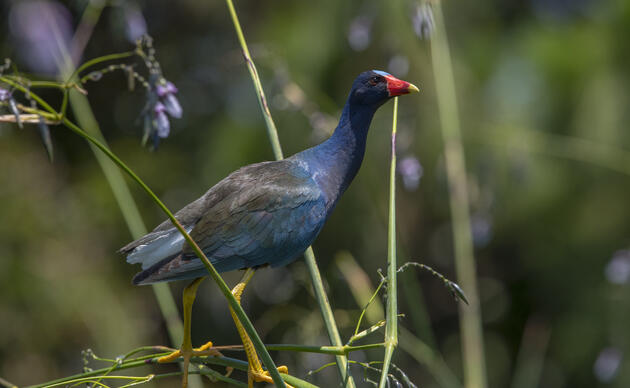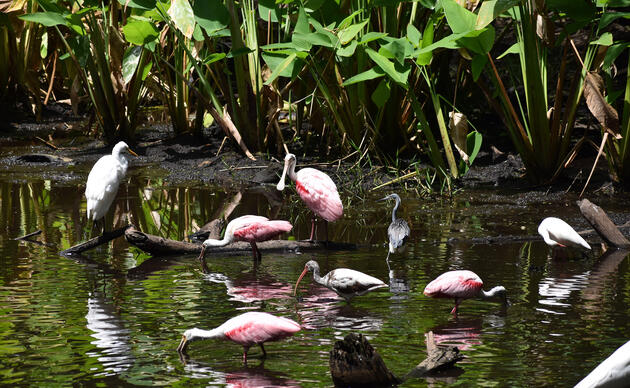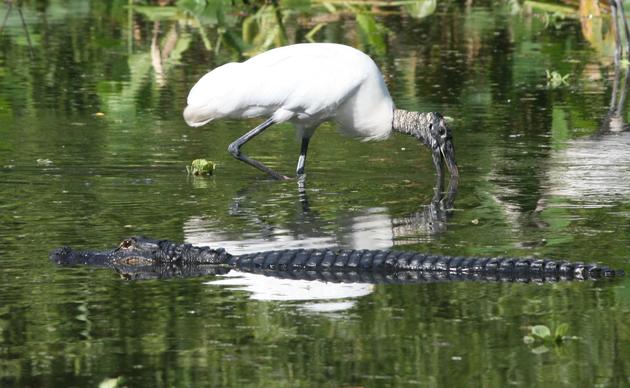With more people moving to Collier County, it makes sense for the Collier Mosquito Control District (District) to expand their boundary of operations to add new urban areas. On July 13, 2021, the District received approval from the Collier County Board of Commissioners to make the expansion, but in addition to covering newly developed urban areas, the boundary now includes vast areas of public conservation lands. Among them are portions of Rookery Bay National Estuarine Reserve, Ten Thousand Islands National Wildlife Refuge, Collier-Seminole State Park, and all of the 74,000-acre Picayune Strand State Forest, a high-profile Everglades Restoration Project just south of the Sanctuary.
This proposal, which is meant to reduce mosquitoes and their larvae, unfortunately also impacts the larvae of many species of arthropods (insects) including butterflies, beetles, flies, and other species. The larvae of many of these insects are aquatic and play essential roles in the wetland ecosystem, serving as the food-web base for forage fish and ultimately wading birds, while others are terrestrial species that are critical pollinators.
Because Audubon and allies believe including these conservation lands in the proposal is unnecessary, we raised objections at that July public hearing. Still, District staff convinced commissioners that the expansion would treat several species of mosquito that are disease carriers, without explaining the needless harm broadcast-larviciding may cause to these and other non-target species within the conservation areas. Conservation areas are home to few humans, and most mosquitoes that are capable of drifting on the wind tend to be annoyances rather than disease carriers. For this reason, the District should create agreements to treat small areas as needed and expand strategically instead of broadcast-larviciding these chemicals across tens of thousands of acres where they are unnecessary.
NOVEMBER 9, 2021 UPDATE
The Collier County Board of Commissioners (Board) voted unanimously on Tuesday to revise a proposed boundary expansion of the Collier Mosquito Control District to exclude over 100,000 acres of state and federal conservation and restoration lands. The Board originally voted in July to expand the mosquito district boundaries for new urban areas and these uninhabited conservation lands like Picayune Strand Restoration Project, Collier Seminole State Park, Rookery Bay Reserve, and part of Ten Thousand Islands National Wildlife Refuge. Read more.



